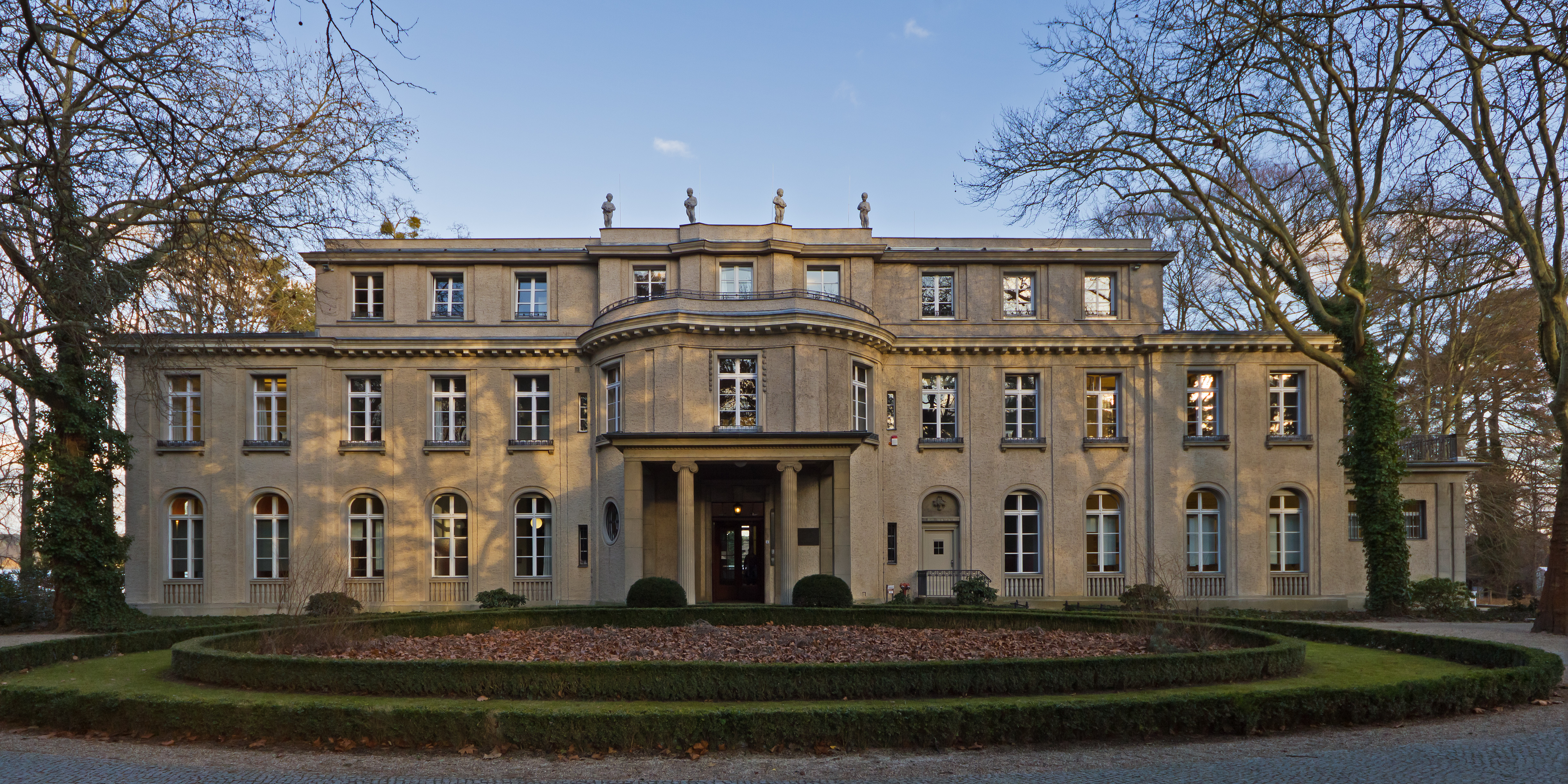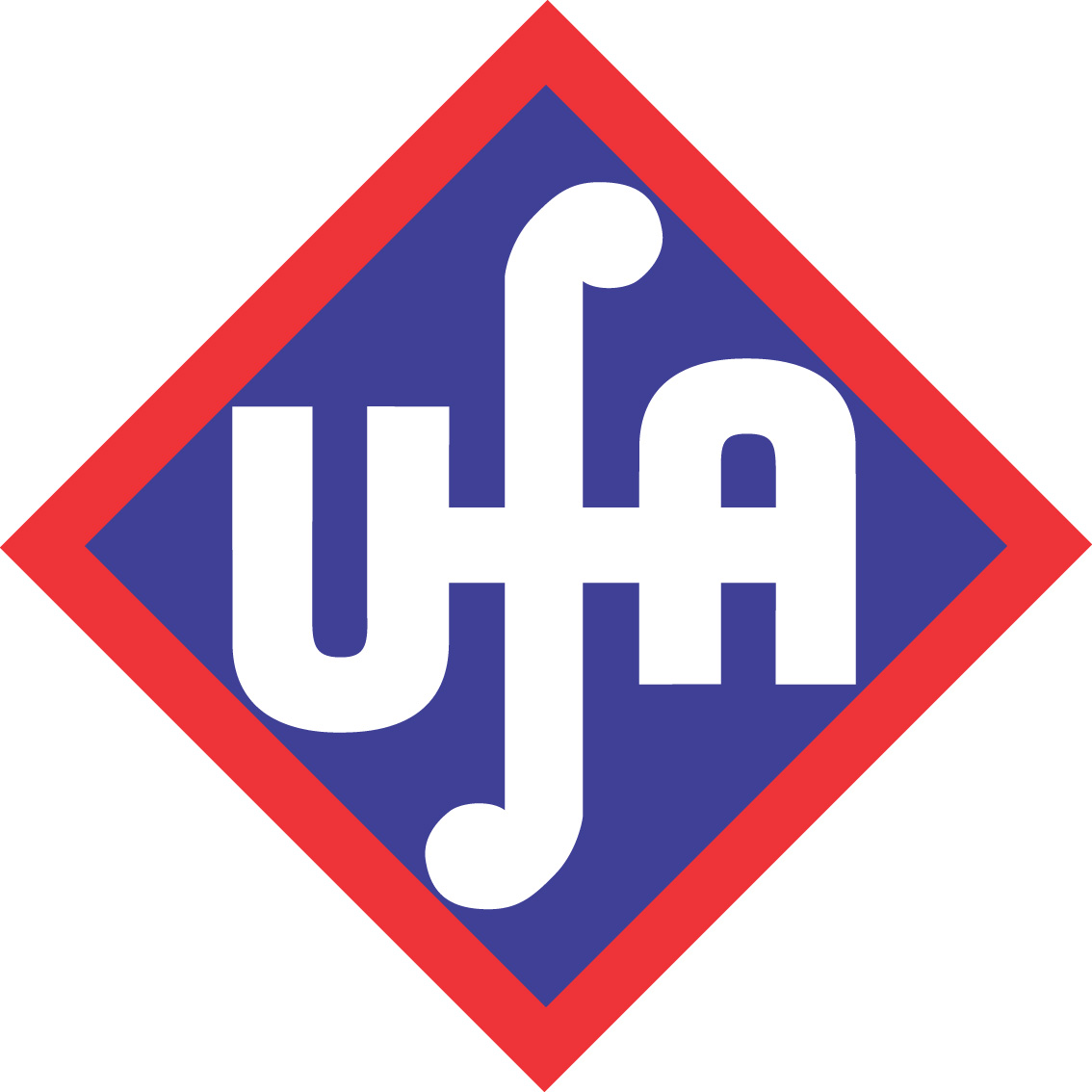|
Hermann Frenkel
Hermann Frenkel (born May 21, 1850, Danzig - died May 26, 1932, Berlin) was a partner of the Jacquier and Securius Bank and after 1923 a partner of Friedrich Minoux, owner of the Wannsee Villa, later the venue of the Wannsee Conference. Frenkel was a Privy Commercial Councillor (''Geheimer Kommerzienrat''), and one of the founders of Universum Film AG. Frenkel was also a noted art collector, who concentrated on German, French, and Spanish 19th-century paintings, as well as Dutch 17th-century and Venetian 18th-century works. His heirs sold most of the collection in October 1932. Some works were not sold, among them a still-life by Snyders, which today is in the Museum Kunstpalast in Düsseldorf Düsseldorf ( , , ; often in English sources; Low Franconian and Ripuarian: ''Düsseldörp'' ; archaic nl, Dusseldorp ) is the capital city of North Rhine-Westphalia, the most populous state of Germany. It is the second-largest city in th ..., which was bought in 1938. Reference ... [...More Info...] [...Related Items...] OR: [Wikipedia] [Google] [Baidu] |
The Jacquier And Securius Bank
The Jacquier and Securius Bank was a prominent German private bank founded in 1817 by August Jacquier and Henrich Securius. The bank's headquarters were located in central Berlin in a building nicknamed the Red Castle (German: Rotes Schloß). Originally under Jewish ownership, the bank began the process of Aryanization in 1933, which Richard Lenz and Robert Kraus becoming the majority stakeholders. The bank was closed by 1945 after its assets had been taken by the state its buildings sold. History Founding The Jacquier and Securius Bank was founded on August 11, 1817, by Friedrich Wilhelm Jacquier and John August Securius. Jacquier and Securius had previously worked together at the Huguenot banking firm L. Guillemot and F.W. Jacquier, serving as senior partner and treasurer respectively. Initially, the bank's main clients were small and medium-sized businesses whose money was invested in fixed income securities. Yet by the turn of the century, the bank had diversified by inve ... [...More Info...] [...Related Items...] OR: [Wikipedia] [Google] [Baidu] |
Friedrich Minoux
Friedrich Minoux (21 March 1877 – 16 October 1945) was a German industrialist and financier who is best known for being one of the owners of the Wannsee House, where the namesake conference that would decide the fate of millions at the hands of the Nazis during World War II was held in early 1942. Early life Born in the Pfalz region to Michael and Margaretha (''née'' Reffert) Minoux, Friedrich Minoux attended Gymnasien in Speyer and Mannheim as was customary for boys at the time. After fulfilling his military obligations in 1893, he married Maria Karoline Hente, and took a job at the Essen Gas and Water Works company, where he would rise to the position of Financial Vice President. In 1912, Minoux became an employee of Hugo Stinnes, a prominent German industrialist of the time. Minoux achieved considerable financial success while working for Stinnes, at one point earning as much as 350,000 gold marks per year — a substantial sum at the time. In 1919 Minoux became a m ... [...More Info...] [...Related Items...] OR: [Wikipedia] [Google] [Baidu] |
Wannsee House And The Holocaust
''Wannsee House and the Holocaust'' by Steven Lehrer tells the story of the elegant suburban Berlin villa where the Wannsee Conference took place on January 20, 1942. At that meeting, Reinhard Heydrich announced the plans for the deportation and extermination of all Jews in German-occupied territory. This to be coordinated with the representatives from the Nazi state agencies present at the meeting. A prosperous drug manufacturer, Ernst Marlier, built the Wannsee Villa in 1914, but was forced to sell in 1921 because of business and legal problems. The buyer was Friedrich Minoux, a wealthy German industrialist and partner of Hugo Stinnes. Minoux was later convicted of swindling the Berlin Gasworks, the largest fraud of the Nazi era. From his jail cell in Berlin, Minoux sold the Wannsee Villa to the Stiftung Nordhav, a foundation controlled by Reinhard Heydrich, whose Berlin home was nearby. After World War II, a Holocaust survivor and historian, Joseph Wulf Joseph Wulf (22 Dec ... [...More Info...] [...Related Items...] OR: [Wikipedia] [Google] [Baidu] |
Universum Film AG
UFA GmbH, shortened to UFA (), is a film and television production company that unites all production activities of the media conglomerate Bertelsmann in Germany. Its name derives from Universum-Film Aktiengesellschaft (normally abbreviated as ''UFA''), a major German film company headquartered in Babelsberg, producing and distributing motion pictures from 1917 until the end of the Nazi era. The name UFA was revived by Bertelsmann for an otherwise unrelated film and television outfit, UFA GmbH. The original UFA was established as Universum-Film Aktiengesellschaft on December 18, 1917, as a direct response to foreign competition in film and propaganda. UFA was founded by a consortium headed by Emil Georg von Stauß, a former Deutsche Bank board member. In March 1927, Alfred Hugenberg, an influential German media entrepreneur and later Minister of the Economy, Agriculture and Nutrition in Hitler's cabinet, purchased UFA and transferred ownership of it to the Nazi Party in 1933. ... [...More Info...] [...Related Items...] OR: [Wikipedia] [Google] [Baidu] |
Museum Kunstpalast
The Kunstpalast, formerly Kunstmuseum Düsseldorf is an art museum in Düsseldorf. History The roots of the museum go back around 300 years. In 1932, the collection of the Kunstakademie Düsseldorf (Academy of Art) was housed in the Kunstmuseum Düsseldorf. This included the exhibits given by the popular regent Jan Wellem, Duke of Palatinate, and his wife Anna Maria Luisa de' Medici, and some rich citizens of Düsseldorf. The academy had been founded in 1710, its collection expanded in the 19th century by the collection of Lambert Krahe. The Düsseldorfer Gallerieverein, founded in the 19th century, collected many drawings of the Düsseldorfer Malerschule, later given to that collection. The Museum for Advanced Arts, whose opening was in 1883, merged with that museum later. The Kunstmuseum in its actual form opened in 1913. Subsequently, the Museumsverein (the Museum Association) and the Künstler-Verein zur Veranstaltung von Kunstausstellungen (the Artists’ Association ... [...More Info...] [...Related Items...] OR: [Wikipedia] [Google] [Baidu] |
Düsseldorf
Düsseldorf ( , , ; often in English sources; Low Franconian and Ripuarian: ''Düsseldörp'' ; archaic nl, Dusseldorp ) is the capital city of North Rhine-Westphalia, the most populous state of Germany. It is the second-largest city in the state and the seventh-largest city in Germany, with a population of 617,280. Düsseldorf is located at the confluence of two rivers: the Rhine and the Düssel, a small tributary. The ''-dorf'' suffix means "village" in German (English cognate: ''thorp''); its use is unusual for a settlement as large as Düsseldorf. Most of the city lies on the right bank of the Rhine. Düsseldorf lies in the centre of both the Rhine-Ruhr and the Rhineland Metropolitan Region. It neighbours the Cologne Bonn Region to the south and the Ruhr to the north. It is the largest city in the German Low Franconian dialect area (closely related to Dutch). Mercer's 2012 Quality of Living survey ranked Düsseldorf the sixth most livable city in the world. Düsse ... [...More Info...] [...Related Items...] OR: [Wikipedia] [Google] [Baidu] |
German Bankers
German(s) may refer to: * Germany (of or related to) **Germania (historical use) * Germans, citizens of Germany, people of German ancestry, or native speakers of the German language ** For citizens of Germany, see also German nationality law **Germanic peoples (Roman times) * German language **any of the Germanic languages * German cuisine, traditional foods of Germany People * German (given name) * German (surname) * Germán, a Spanish name Places * German (parish), Isle of Man * German, Albania, or Gërmej * German, Bulgaria * German, Iran * German, North Macedonia * German, New York, U.S. * Agios Germanos, Greece Other uses * German (mythology), a South Slavic mythological being * Germans (band), a Canadian rock band * "German" (song), a 2019 song by No Money Enterprise * ''The German'', a 2008 short film * "The Germans", an episode of ''Fawlty Towers'' * ''The German'', a nickname for Congolese rebel André Kisase Ngandu See also * Germanic (other) * Germa ... [...More Info...] [...Related Items...] OR: [Wikipedia] [Google] [Baidu] |
Businesspeople From Berlin
A businessperson, businessman, or businesswoman is an individual who has founded, owns, or holds shares in (including as an angel investor) a private-sector company. A businessperson undertakes activities (commercial or industrial) for the purpose of generating cash flow, sales, and revenue by using a combination of human, financial, intellectual, and physical capital with a view to fueling economic development and growth. History Prehistoric period: Traders Since a "businessman" can mean anyone in industry or commerce, businesspeople have existed as long as industry and commerce have existed. "Commerce" can simply mean "trade", and trade has existed through all of recorded history. The first businesspeople in human history were traders or merchants. Medieval period: Rise of the merchant class Merchants emerged as a "class" in medieval Italy (compare, for example, the Vaishya, the traditional merchant caste in Indian society). Between 1300 and 1500, modern accountin ... [...More Info...] [...Related Items...] OR: [Wikipedia] [Google] [Baidu] |
People From The German Empire
A person ( : people) is a being that has certain capacities or attributes such as reason, morality, consciousness or self-consciousness, and being a part of a culturally established form of social relations such as kinship, ownership of property, or legal responsibility. The defining features of personhood and, consequently, what makes a person count as a person, differ widely among cultures and contexts. In addition to the question of personhood, of what makes a being count as a person to begin with, there are further questions about personal identity and self: both about what makes any particular person that particular person instead of another, and about what makes a person at one time the same person as they were or will be at another time despite any intervening changes. The plural form "people" is often used to refer to an entire nation or ethnic group (as in "a people"), and this was the original meaning of the word; it subsequently acquired its use as a plural form of ... [...More Info...] [...Related Items...] OR: [Wikipedia] [Google] [Baidu] |
People From The Weimar Republic
A person ( : people) is a being that has certain capacities or attributes such as reason, morality, consciousness or self-consciousness, and being a part of a culturally established form of social relations such as kinship, ownership of property, or legal responsibility. The defining features of personhood and, consequently, what makes a person count as a person, differ widely among cultures and contexts. In addition to the question of personhood, of what makes a being count as a person to begin with, there are further questions about personal identity and self: both about what makes any particular person that particular person instead of another, and about what makes a person at one time the same person as they were or will be at another time despite any intervening changes. The plural form "people" is often used to refer to an entire nation or ethnic group (as in "a people"), and this was the original meaning of the word; it subsequently acquired its use as a plural form of ... [...More Info...] [...Related Items...] OR: [Wikipedia] [Google] [Baidu] |




_1938.jpg)